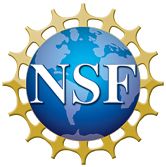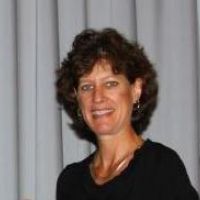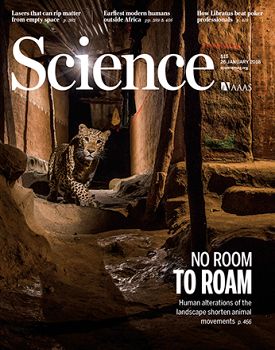Brantley et al., 2018
Engaging over data on fracking and water quality
Brantley, S.L., Vidic, R.D., Brasier, K., Yoxtheimer, D., Pollak, J., Wilderman, C., and Wen, T. (2018)
Science, 359 (6374): 395-398
-
National, Eel, Luquillo, Shale Hills, INVESTIGATOR, COLLABORATOR
Abstract
Extraction of unconventional oil and gas using high-volume hydraulic fracturing (HVHF)—“fracking”—is a “wicked” problem: Science and policy-making are complex and opaque; problems are unstructured, cross areas of policy jurisdiction, require coordinated action among various stakeholders who disagree about values, and tend to result in limited solutions with complex consequences. Public participation in decision-making about hydrocarbon extraction is limited by the largely private nature of transactions among mineral rights owners and industry and the narrow opportunity for public input into procedures. Likewise, obstacles to accessing water-quality data and the dearth and diversity of such data limit shared understanding. We found, however, that, although data alone do not resolve wicked problems, shared interest in gathering, discussing, and improving water-quality data can lead to productive discussions among scientists, citizens with local knowledge, regulators, and industry practitioners. Such opportunities to “pull back the curtain” on science, funded and facilitated by honest brokers, could build trust and develop procedural fairness as foundations for social license.
Citation
Brantley, S.L., Vidic, R.D., Brasier, K., Yoxtheimer, D., Pollak, J., Wilderman, C., and Wen, T. (2018): Engaging over data on fracking and water quality. Science, 359 (6374): 395-398. DOI: 10.1126/science.aan6520
 This Paper/Book acknowledges NSF CZO grant support.
This Paper/Book acknowledges NSF CZO grant support.
Explore Further


